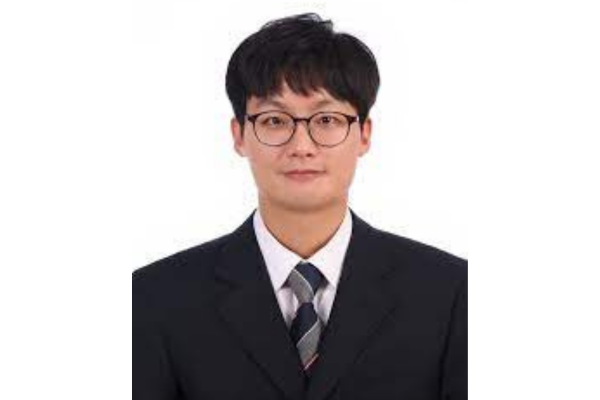
The Institute for Korean Studies presents:
"K-Robots: Navigating the Cutting Edge of South Korea's Robot Industry"
Inho Lee
Pusan National University
Abstract: This presentation offers an overview of the diverse array of robots currently under development in South Korea, a country renowned for its high level of robot integration worldwide. This integration owes much to the country's advancements in the electronics industry, particularly in semiconductors and automobiles. South Korea's proactive stance towards the introduction of service and industrial robots stems from its desire to address societal challenges such as aging demographics and a shrinking workforce. During this presentation, I will highlight ongoing robot projects within my CAMEL lab (Computer And Machine Engaged Lab). These projects include Autonomous Aerial Manipulation, which involves equipping drones with arms to perform various tasks, four-legged patrolling robots, and guide dog robots designed to assist the visually impaired. Furthermore, I will delve into the concept of a robot-friendly society, a topic of significant interest in South Korea given its status as one of the world's fastest-aging and declining population nations.
Professor Inho Lee holds bachelor's, master's, and doctoral degrees in mechanical engineering from KAIST (Korea Advanced Institute of Science & Technology). During his time at KAIST, he conducted research at the Hubo Lab, a humanoid research laboratory. Subsequently, he served as a postdoctoral researcher at IHMC (Institute for Human and Machine Cognition) in the U.S. in 2017. Since 2020, he has been an Assistant Professor in the Department of Electronics Engineering at Pusan National University. Prof. Lee participated as a member of Team KAIST in the 2013 DARPA Robotics Challenge preliminaries and contributed to the team's success in winning the championship during the 2015 final competition. He was honored with the Best Teaching Assistant Award from the KAIST Department of Mechanical Engineering and Mechatronics System Design in 2015 and received the Best Paper Award at the World Humanoid Robotics International Conference in Canada in 2019. His research interests include mechanical design and control of legged robots, dynamic system identification and state estimation, and environmental perception using cognitive sensors.
